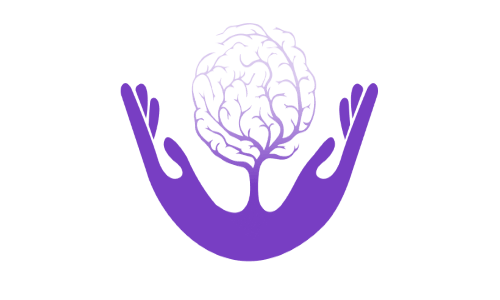
Live – Neural Desensitization to Accelerate Trauma Recovery: NDIT Level 2 Training (Dec 2024)
Open to access this content

Open to access this content

Open to access this content

Open to access this content

Open to access this content

Open to access this content